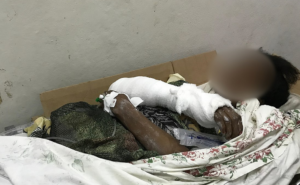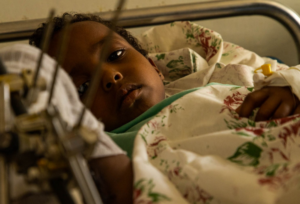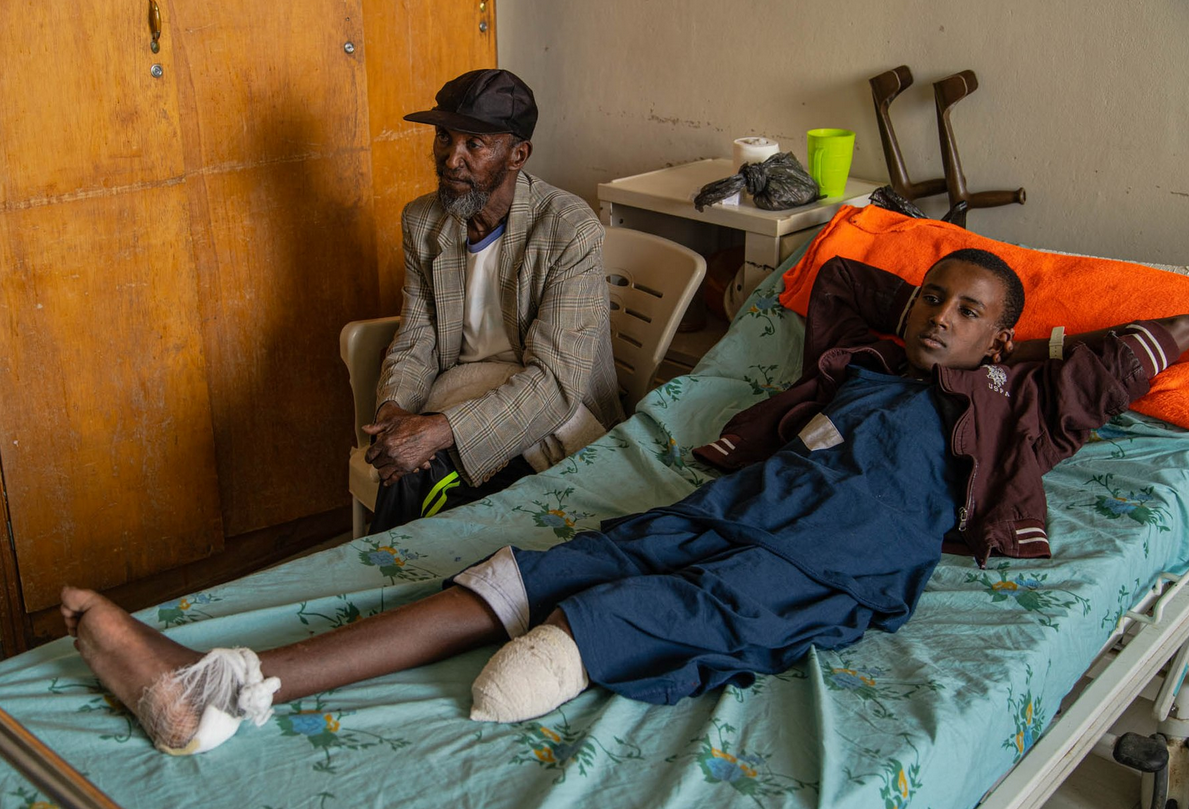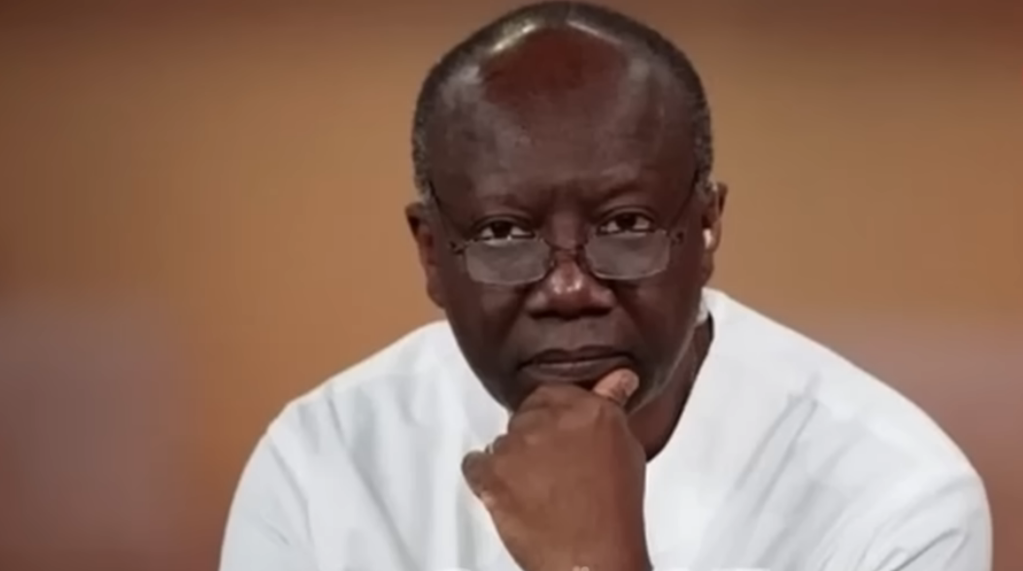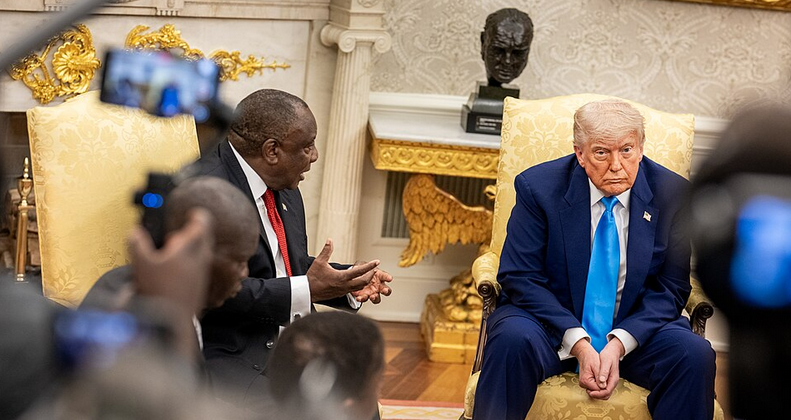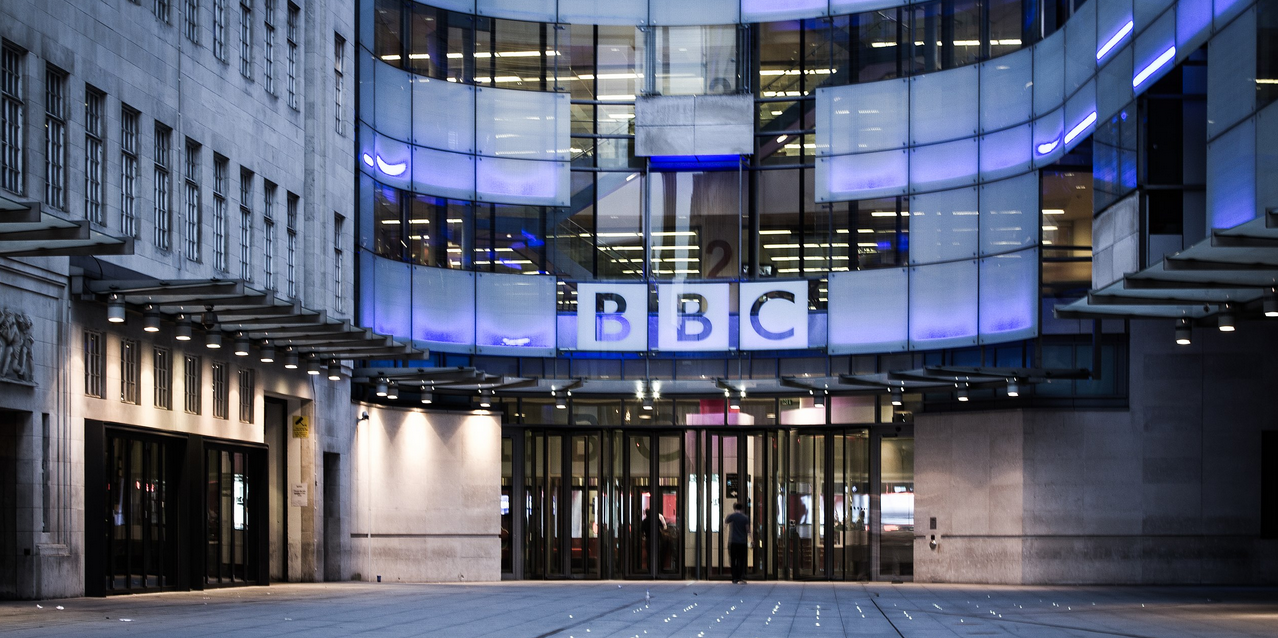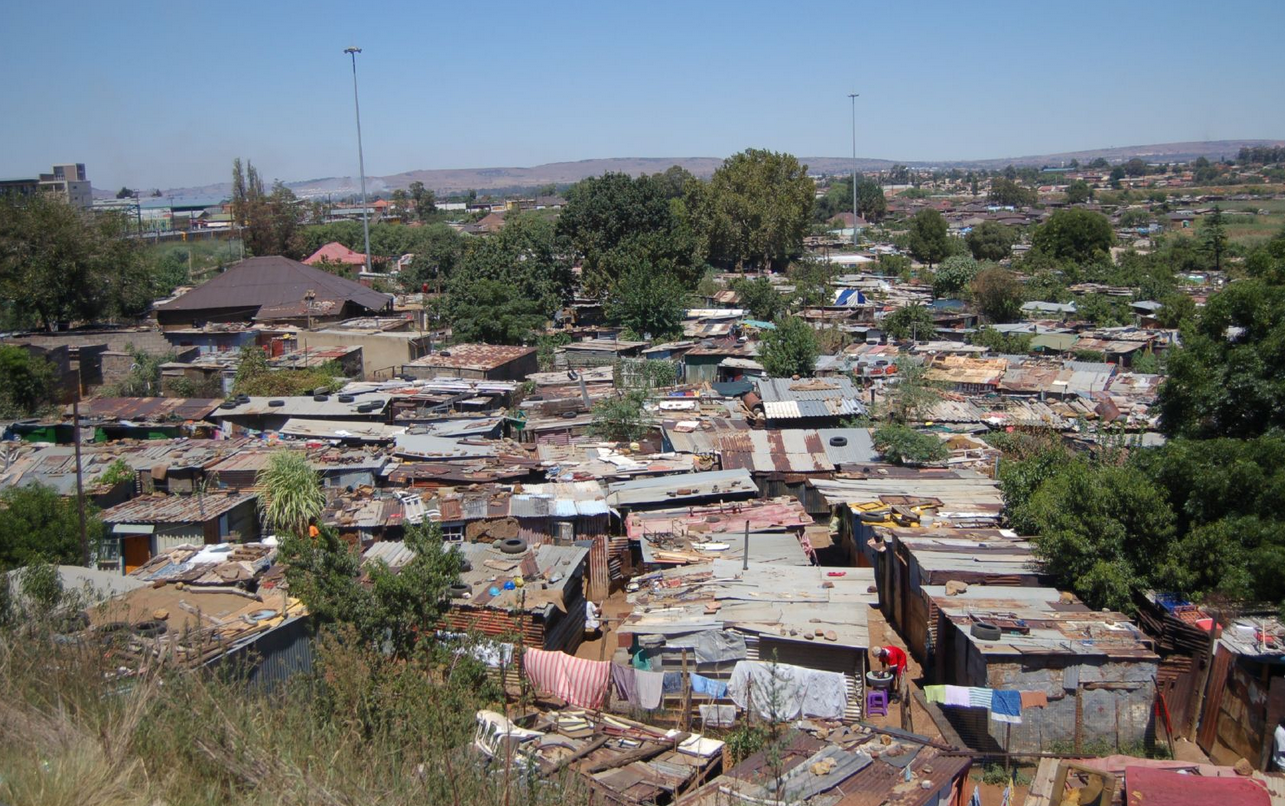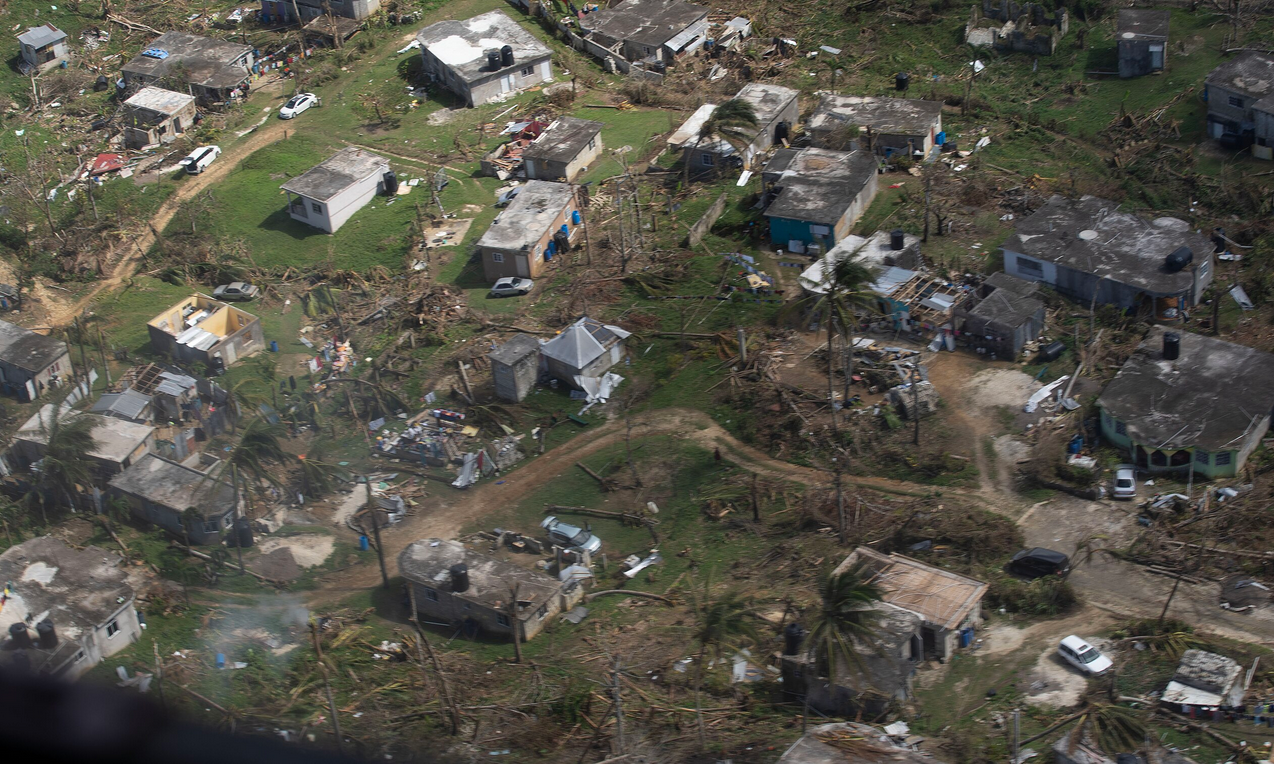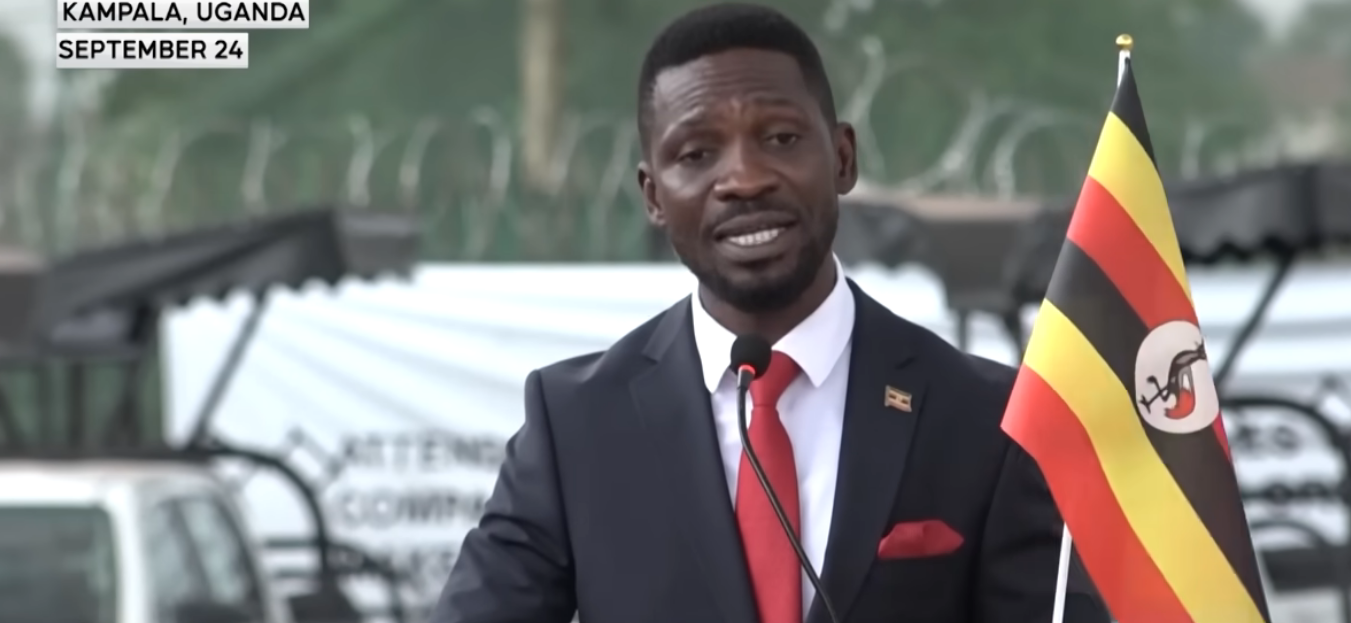Photos: Wikimedia Commons
The atrocities of the war on Tigray (northern Ethiopia) has led to 600,000+ dead, 120,000+ women and girls raped, total destruction of agriculture, infrastructure and millions displaced.
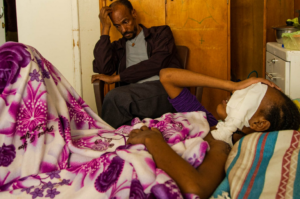
So in almost every protest for the Tigray cause, my comrades and I shouted some variation of “Abiy Ahmed or Isias Afwerki to the ICC!” We fruitlessly pleaded, shouted, screamed, begged for the world, but this institution in particular, to hear our cries and take action.
By all accounts both Abiy and Isias are war criminals and all those in their leadership and those that took orders from them have participated in a genocide. Particularly those involved in the execution of the siege on Tigray.
Now interestingly, the ICC or the International Criminal Court has long been accused of singling out the alleged atrocities in African countries over other places in the world, yet they have been so complacent, so unwilling to act when the U.S state department as well as several esteemed human rights organizations have found that war crimes and crimes against humanity had been committed against the civilians of Tigray.
The ICC, based in the Hague, Netherlands was created to hold those accused of the worst crimes imaginable i.e genocide, crimes against humanity, war crimes, and crimes of aggression to account.
But of course, a complicated, controversial international body is going to be highly imperfect, one common criticism is that the judges don’t litigate impartially but favor the interests of the home states, another is that it suffers from conflicting interests from different nation states that attempt to control it.
The U.S (current although shifting hegemonic power) has repeatedly tried to undermine the authority of the court in order to protect its own foreign service people from prosecution. Yet America is still an enthusiastic supporter of international justice, having helped establish the UN War Crimes commission, WWII Tribunals at Nuremberg and Tokyo, and modern UN international tribunals for a litany of countries such as the former Yugoslavia, Rwanda, Sierra Leone, Cambodia, etc. The U.S also helped develop the Rome statute that developed the ICC even though is not officially a member country.
So it goes without saying that the U.S has an inoordinate amount of influence over the inner workings of the ICC, and although the U.S State Department has found that the Ethiopian government and it’s allies are guilty of atrocities such as war crimes, ethnic cleansing and crimes against humanity for their role on the war on Tigray they held off on making the genocide determination for purely political reasons—to pursue diplomacy with Ethiopia according to a top diplomat. They even removed Ethiopia from the list of human rights violators in order to continue diplomatic, political and economic relations with them.
Despite the proven displacement and murder of civilians, gang rapes and deliberate destruction of infrastructure and agriculture in the region, there is an appalling degree of both sidesing the conflict when only one party (Tigray) was placed under siege (which involved deliberate starvation), and had all banking, telecommunications and electricity completely cut off for over two years. The whataboutism, the both sidesing is cynical and deliberately done to allow Western powers to justify their inertia on the matter.
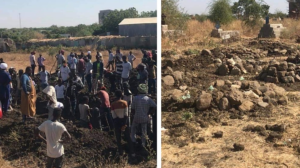
In fact the Lemkin Institute for Genocide Prevention put out a statement in support of an investigation into Abiy Ahmed’s crimes in the Tigray region. “Since the outbreak of the war in the region of Tigray in November 2020, Ethiopia’s government, under the orders of Prime Minister Abiy Ahmed, has committed egregious crimes against its own citizens including widespread human rights abuses, looting, ethnic-based atrocities, rape, and other forms of gender-based violence. The fact pattern strongly suggests that, among other crimes, the Ethiopian government forces may have committed genocide against the people of Tigray.” They went on to talk about the blockade and resulting famine, and what actions should be taken forthwith.
As I see it Abiy Ahmed is the mastermind behind the genocidal war, and Afwerki of Eritrea served as a partner—an enthusiastic accomplice. But why can’t the ICC see what we in Tigray, the diaspora, human rights and genocide experts and our allies see so clearly? Why can’t they act?
Again, like I’ve said countless times, it comes down to politics and power. When it didn’t get in the way of their geopolitical interests, they readily prosecuted the perpetrators of the genocides in Rwanda and the former Yugoslavia.
In Rwanda in 1994, people from virtually every corner of society participated in the methodical targeting of people from the Tutsie ethnic group, so the International Criminal Tribunal for Rwanda was set up to prosecute those involved including Clement Kayishema (former Governer of Kibuye) and Obed Ruzindana, a businessman accused of organizing many massacres. The Tribunal regarding the war crimes that took place in the Balkans in the early 1990s took place from 1993-2017, and it helped prove to the world the meaningful impact this type of internationally sanctioned action can have on bringing justice to victims and even preventing future atrocities.
So, all in all, the world failed the Tigrayan people, by bringing Abiy Ahmed to power, emboldening him by granting him the Nobel Peace Award, refusing to cover the atrocities in the media, not intervening when it became clear that a genocide is unfolding. So the bare minimum is to offer the besieged and brutalized people of Tigray some modicum of justice.

